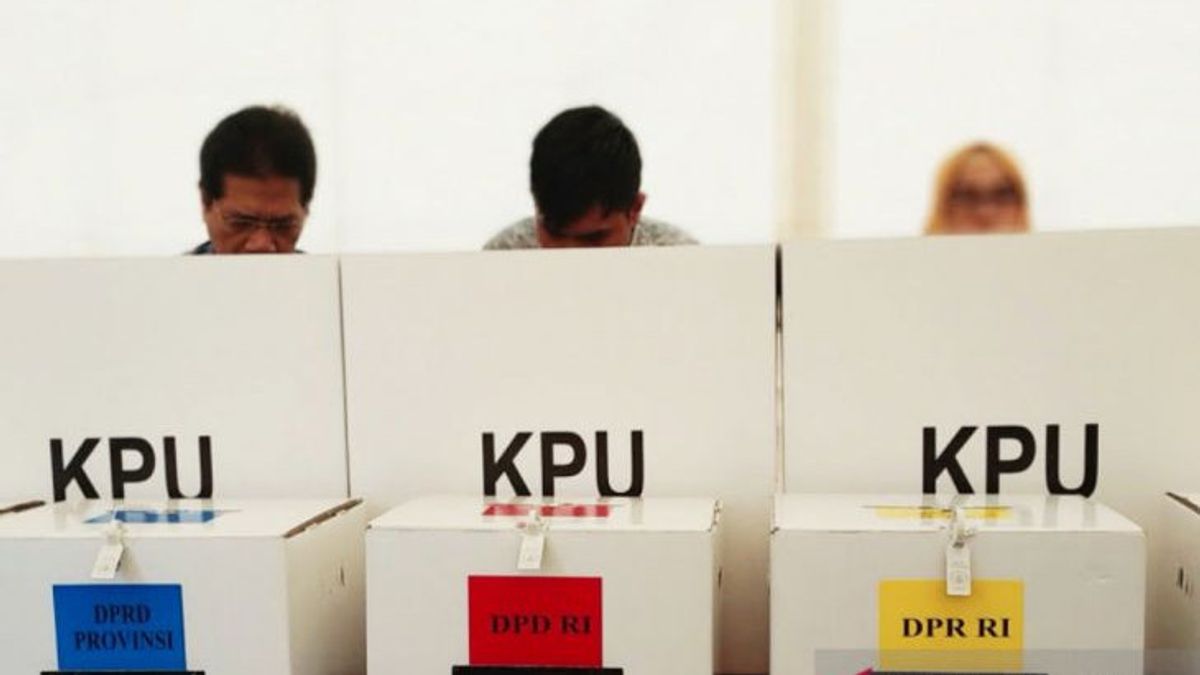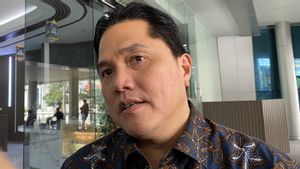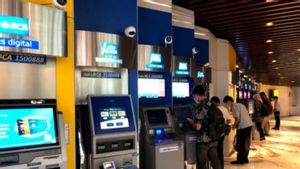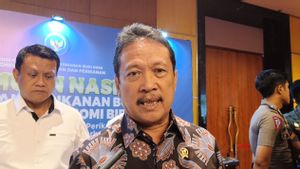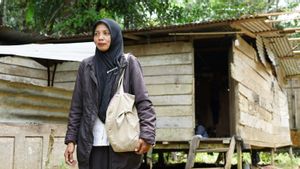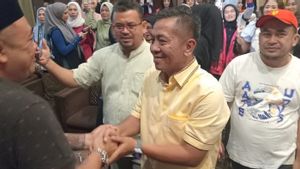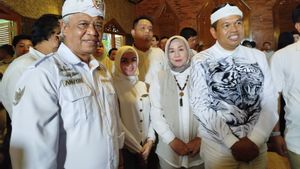The government through the Ministry of Finance is known to have allocated a large number of budgets this year to the two main electoral administrators, namely the General Elections Commission (KPU) and the General Elections Supervisory Body (Bawaslu).
In the 2023 KPU Work and Budget Plan (RKA) it is recorded that the institution led by Hasyim Asy'ari is recorded to have a budget ceiling of IDR 15.9 trillion.
This figure consists of pure rupiah, consisting of operational expenditures of IDR 1.7 trillion, spending on the implementation of tusi of IDR 239.3 billion, and implementing national priority activities in the form of the 2024 election stage of IDR 13.9 trillion.
It was stated that the KPU would carry out the stages of elections and simultaneous elections in 2024 consisting of 10 activities, namely program and budget planning, updating voter data, registration and verification of election participants, determining election participants, forming adhoc bodies.
Then, the determination of the number of seats and the determination of the electoral district, the nomination of the president and vice president as well as the nomination of members of the council (central and regional), the period of election campaigns, management, procurement, reports, and logistics documentation, as well as voting and vote counting.
"In the context of spending efficiency, the KPU saves non-operational goods expenditures such as official travel, meeting packages, honorariums that are synchronized with the implementation of a new work pattern," said the General Elections Commission in the minutes.
The KPU itself expressly stated that Voting Day (HPS) was held on February 14, 2024.
Meanwhile, Bawaslu, which is an institution with the authority to examine, review, and decide on election violations, has a budget of IDR 7.1 trillion.
This amount consists of pure rupiah for operational expenditures of IDR 1.1 trillion, spending on the implementation of tusi of IDR 462.2 billion, and implementation of PN activities in the form of the 2024 election stage of IDR 5.5 trillion.
In its report, Bawaslu is committed to implementing four structural reform policies, namely strengthening organizations, increasing election supervisory education, strengthening bureaucratic reform, and spending efficiency in line with new work patterns.
"From this sharpening, the allocation of expenditure can be diverted to fulfill facilities and infrastructure in order to support the implementation of the 2024 General Election," said Bawaslu.
Most recently, as many as eight political parties (political parties) participating in the election rejected the discourse of a closed proportional electoral system. The reason is, this mechanism will return to the previous election era with voter rules to only vote on parties and not legislative candidates directly.
Meanwhile, a series of political parties that rejected the scheme were Golkar, Gerindra, NasDem, PKB, Democrats, PKS, PAN, and PPP.
The English, Chinese, Japanese, Arabic, and French versions are automatically generated by the AI. So there may still be inaccuracies in translating, please always see Indonesian as our main language. (system supported by DigitalSiber.id)
